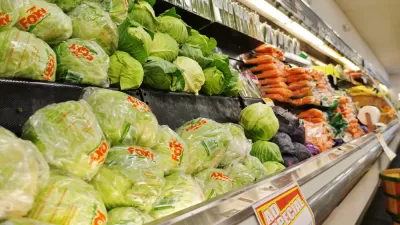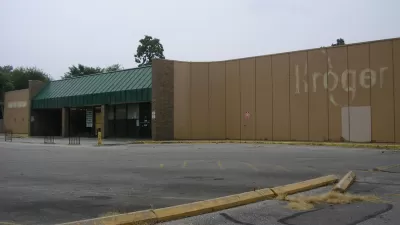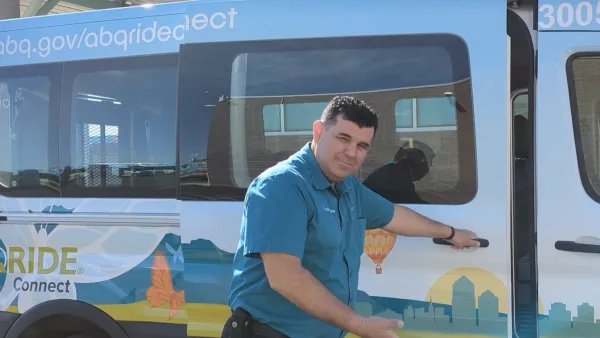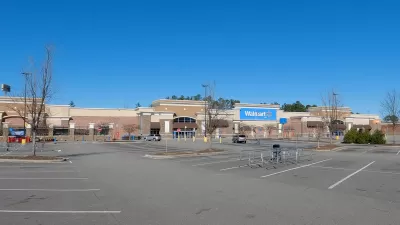Research indicates that opening a supermarket in an area that needs it is not enough. The ownership model and relationship to the community are essential to long-term success.

Catherine Brinkley at the University of California, Davis writes about her team’s research on the types of supermarkets that have successfully operated in food deserts. "A shuttered supermarket is more than just a business failure. It can perpetuate the food desert problem for years and prevent new stores from opening in the same location, worsening a neighborhood’s blight."
The researchers identified 71 planned supermarkets since 2000 in food deserts. "Of those, 21 were driven by government, 18 by community leaders, 12 by nonprofits and eight by commercial interests. Another dozen were driven by a combination of government initiative with community involvement," notes Brinkley.
They found that 22 of the community and nonprofit supermarkets opened and have continued operations. "In contrast, nearly half of the commercial stores and a third of the government developments have closed or didn’t it make it past planning. Five of the government/community projects also failed or were canceled," says Brinkley.
They also found that most of the community supermarkets, 16 of 18, operated as cooperatives and promoted community engagement and involvement. "The success of a supermarket intervention is predicated on use, which may not happen without community buy-in. Supporting cooperatives is one way to ensure that shoppers show up," adds Brinkley.
FULL STORY: Why community-owned grocery stores like co-ops are the best recipe for revitalizing food deserts

Maui's Vacation Rental Debate Turns Ugly
Verbal attacks, misinformation campaigns and fistfights plague a high-stakes debate to convert thousands of vacation rentals into long-term housing.

Planetizen Federal Action Tracker
A weekly monitor of how Trump’s orders and actions are impacting planners and planning in America.

In Urban Planning, AI Prompting Could be the New Design Thinking
Creativity has long been key to great urban design. What if we see AI as our new creative partner?

How Trump's HUD Budget Proposal Would Harm Homelessness Response
Experts say the change to the HUD budget would make it more difficult to identify people who are homeless and connect them with services, and to prevent homelessness.

The Vast Potential of the Right-of-Way
One writer argues that the space between two building faces is the most important element of the built environment.

Florida Seniors Face Rising Homelessness Risk
High housing costs are pushing more seniors, many of them on a fixed income, into homelessness.
Urban Design for Planners 1: Software Tools
This six-course series explores essential urban design concepts using open source software and equips planners with the tools they need to participate fully in the urban design process.
Planning for Universal Design
Learn the tools for implementing Universal Design in planning regulations.
Gallatin County Department of Planning & Community Development
Heyer Gruel & Associates PA
JM Goldson LLC
City of Camden Redevelopment Agency
City of Astoria
Transportation Research & Education Center (TREC) at Portland State University
Jefferson Parish Government
Camden Redevelopment Agency
City of Claremont





























